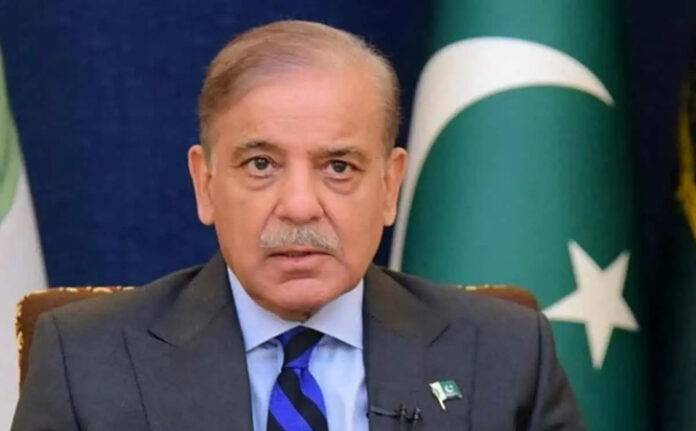Prime Minister Shehbaz Sharif has underscored the critical importance of equipping Pakistan’s police force with the highest standards of training, emphasizing that well-trained officers are the cornerstone of effective law enforcement and public trust. His directives reflect a broader vision centered on enhancing internal stability and modernizing security practices.
Investing in Advanced Teaching Facilities
To translate this vision into reality, the government plans to establish state-of-the-art training academies across the country. These will offer advanced practical courses in areas like:
- Strategic counter-terrorism tactics
- Cybercrime detection and investigation
- Crisis and crowd management techniques
- Forensic and digital evidence handling
- Community policing and communication skills
These specialized academies aim to set new benchmarks in professional policing, ensuring officers are equipped to handle both traditional and emerging challenges.
Embracing Global Policing Best Practices
Cognizant of the evolving nature of crime, PM Shehbaz has encouraged partnerships with international law enforcement agencies. Through this initiative, Pakistani police officers will benefit from:
- Exchange programs and joint training
- Workshops led by global experts
- Exposure to latest non-lethal tactics
- Engagement with civilian oversight mechanisms
This global collaboration seeks to blend international best practices with local realities, fostering a culture of accountability and service.
Multi-Agency Synergy for Security Coordination
Strengthening police capacity is not limited to schooling it’s about coordination. The PM has directed the creation of integrated security platforms, fostering seamless collaboration between police, military, intelligence agencies, and civic authorities. Key initiatives include:
- Unified crisis response teams
- Shared command centers in urban hotspots
- Joint intelligence-gathering frameworks
- Rapid deployment drills
This multi-agency synergy aims to deliver swift, coordinated responses to emergencies and improve institutional cohesion across public safety departments.
Structured Curriculum and Officer Development
A core recommendation involves shifting from informal mentorship to structured performance-based education. Proposed curriculum upgrades include:
- Modular training pathways: from academy basics to executive-level command
- Continuous professional development: regular refresher courses
- Leadership programs: preparing mid-career and senior officers for administrative and strategic roles
- Soft skills training: including stress management and cultural sensitivity
These comprehensive programs will steer police professional growth through clear benchmarks and upward mobility.
Accountability, Oversight, and Public Trust
High-quality training must come with ethical standards. The Prime Minister emphasized the need for:
- Internal ethics units in training academies
- Independent oversight bodies to monitor police conduct
- Community feedback loops that include civilian complaints and surveys
- Transparency frameworks, ensuring public accessibility of training and performance records
The ultimate objective is to build public confidence and institutional credibility through consistent and fair policing.
Monitoring Impact and Measuring Results
Success will be evaluated through performance indicators such as:
- Reduction in response times
- Decreases in police use-of-force incidents
- Proactive reduction in crime rates
- Positive shifts in public opinion polls
- Cross-agency drills and audits involving international advisers
Continuous monitoring will ensure training remains relevant, effective, and responsive to future security needs.
Conclusion: A Vision for Modern Policing in Pakistan
By championing modern facilities, strategic partnerships, ethical accountability, and robust multi-agency collaboration, PM Shehbaz Sharif has set a bold agenda to transform policing in Pakistan. This high-level training initiative is not just about boosting operational capacity it’s a national commitment to professional excellence, public engagement, and a more secure society.



Comments (0)
No comments yet. Be the first to comment!
Leave a Comment